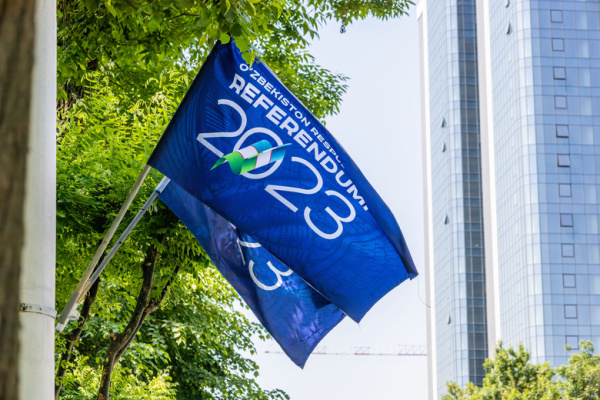Uzbekistan’s Constitutional Referendum
By Farkhod Tolipov
June 14, 2023
On April 30, 2023, Uzbekistan held a referendum on amendments to the country’s Constitution. The referendum was preceded by an ambitious propaganda campaign calling on people not to be indifferent and to actively participate in the referendum. However, the controversial text of the draft Constitution appeared to be worked out in closed cabinets of the Constitutional Commission without broader engagement of experts and civil society representatives. Loud propaganda, in the spirit of Soviet tradition, contrasted with the silence of ordinary citizens and their very low level of awareness of the content of the document subjected to the vote.

Uzbekistan between a new president and the same nation: is it perestroika?
By Farkhod Tolipov
January 10th, 2017, The CACI Analyst
On December 4, 2016, three months after the death of Uzbekistan’s first President Islam Karimov, the country held new presidential elections. The Prime Minister and acting Interim President Shavkat Mirziyoev became president-elect by defeating three competitors in a highly asymmetric campaign characterized by the utilization of so-called administrative resources. Yet Mirziyoev’s campaign was also an explicit demonstration of new domestic and foreign political trends in post-Karimov Uzbekistan towards more liberal reforms. The campaign also revealed rising new expectations on the part of the Uzbek nation after a quarter-century of one-person rule.



